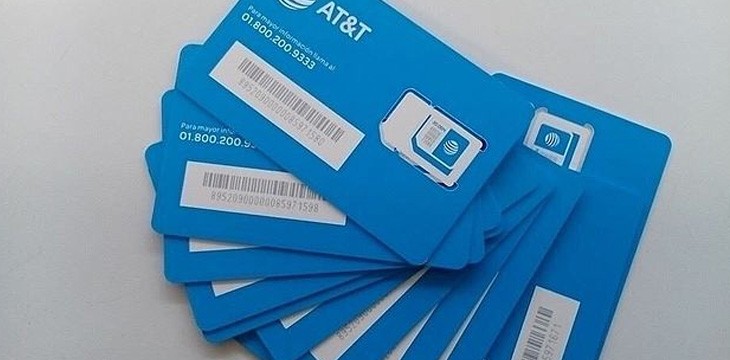|
Getting your Trinity Audio player ready...
|
A cryptocurrency investor bringing a case against communications giant AT&T can proceed to court, after a judge gave the go-ahead to proceed with legal action.
Michael Terpin has been attempting to bring the action against AT&T for its alleged liability in a SIM-swap hack, which enabled hackers to gain access to some $24 million in cryptocurrency.
In August 2018, Terpin raised the case after alleging an AT&T employee by the name of Jahmil Smith had been bribed by hackers to provide access to his SIM card. According to Terpin, his crypto account tied to his SIM was hacked while he was on the phone, attempting to restore access to his phone.
Judge Otis Wright II at the U.S. District Court in the Central District of California dismissed AT&T’s attempts to have the case quashed, ruling that Terpin can now proceed with his action against the firm.
In July, the court said that while Terpin had demonstrated the hack was “reasonably foreseeable,” he had failed to demonstrate proximate cause, because he had “not connect[ed] how granting the hackers/fraudsters access to [his] phone number resulted in him losing $24 million.”
Terpin was allowed to revise his submissions to the court, which the judge ruled this week constituted sufficient evidence of “proximate cause” to proceed with the action.
Lawyers for AT&T had also suggested Terpin had failed to show the link between 2FA authentication and the breach of his crypto wallets, because his crypto-wallets may or may not have relied on 2FA security.
However, the judge said, “Mr. Terpin alleges sufficient facts for the Court to reasonably infer the hackers may have used 2FA methods to glean Mr. Terpin’s personal information from various accounts, such as email or cloud storage.”
AT&T also said that under the doctrine of economic loss in tort, Terpin should have been able to anticipate the potential for commercial losses, which would bar him from raising the action. The court disagreed because Terpin was required to share information with AT&T “with the understanding that AT&T would adequately protect it,” constituting a “special relationship” which would allow a tort claim to proceed.
The ruling means AT&T will now have to defend its position in court, with the action set to proceed to a full hearing in the coming weeks.

 02-17-2026
02-17-2026 




